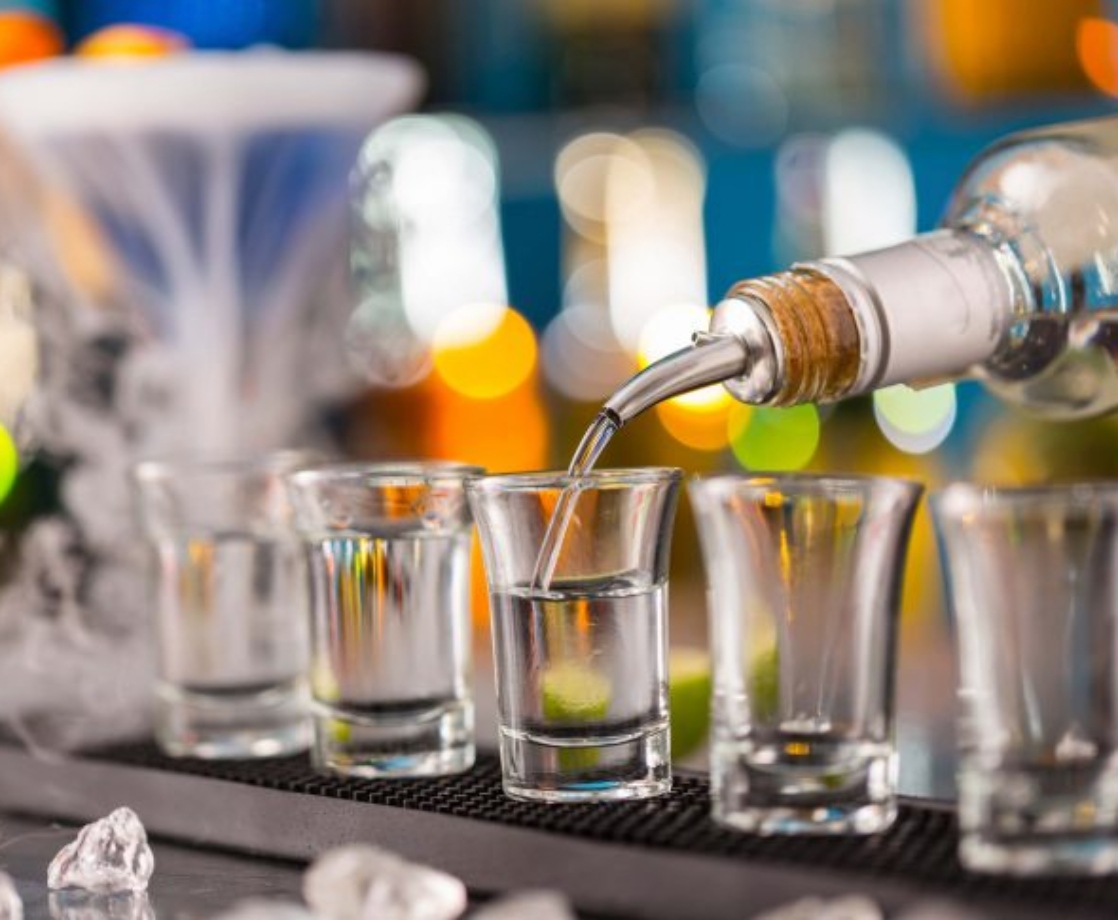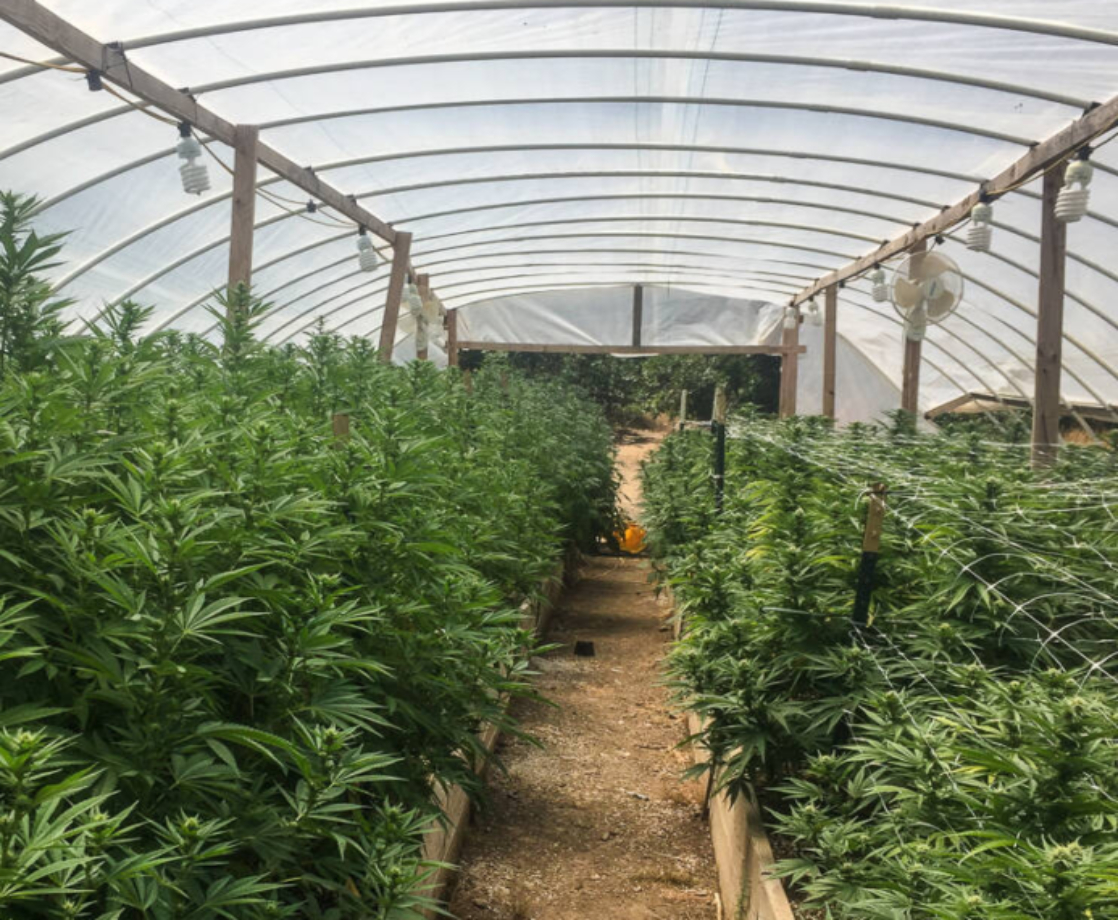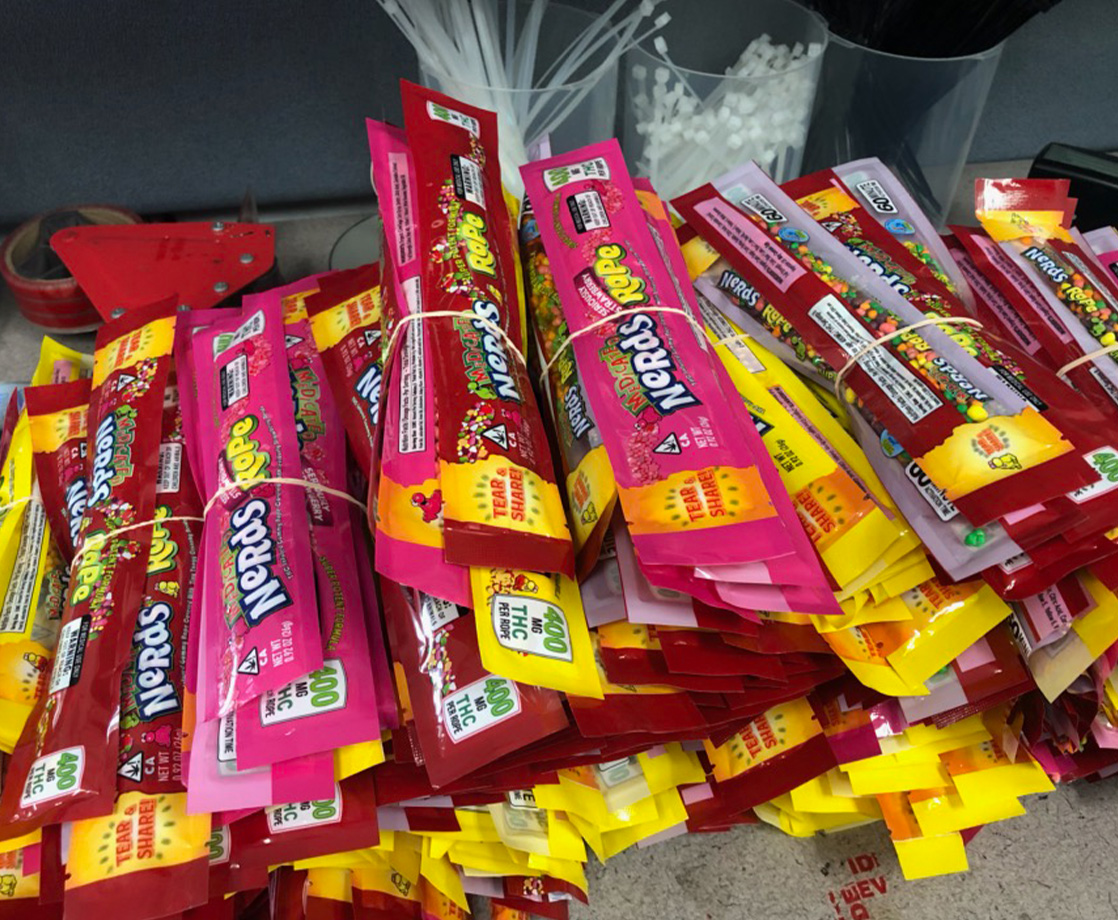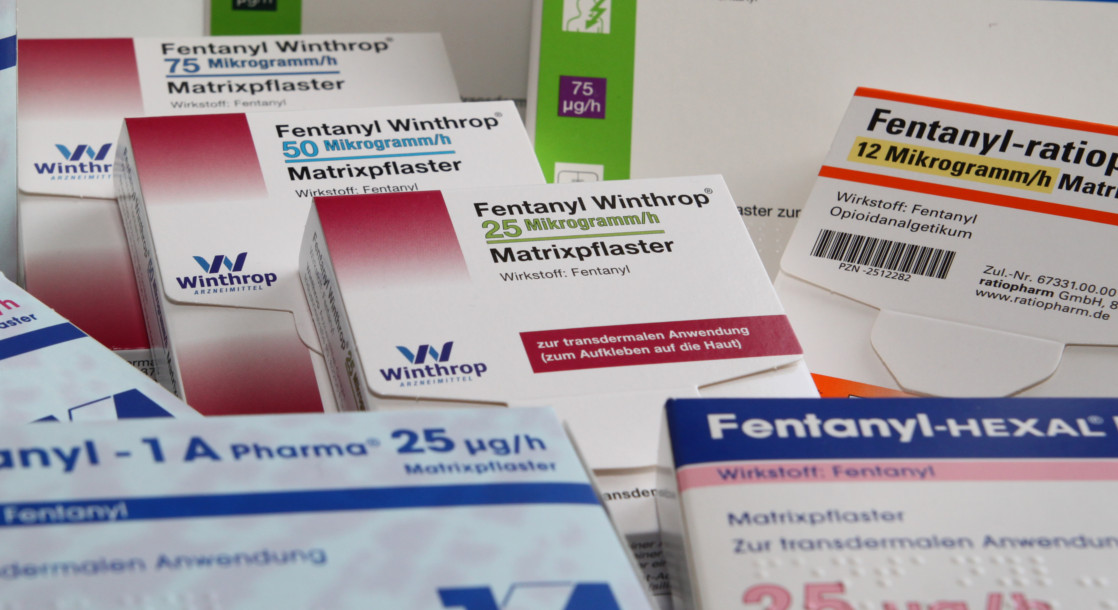On April 26, 1986, the nuclear power plant at Chernobyl, Ukraine melted down after a routine safety test went awry. It was the worst nuclear accident in human history, claiming 4,000 lives during clean-up efforts and for decades after the incident, as radiation left over from the accident continues to poison local plant and animal life.
But there’s hope. And it comes in a bottle, too.
Last week, a research team at the University of Portsmouth announced that they had created a new vodka, aptly named ATOMIK, made from radioactive water collected at Chernobyl. The grains used to make the alcohol were grown near Chernobyl, too.
“Thirty years on after the accident, we found was that in the area the crops were slightly above the very cautious Ukranian limit for consumption,” lead researcher Jim Smith said to CNN. “So, technically, you can’t eat those crops. But we thought, ‘Well, we’ve got some grain, why don’t we try making a vodka?’”
The wildest part? ATOMIK vodka is totally safe to drink. Smith’s team discovered that the distillation process for making vodka reduced the water’s radioactivity to non-detectable levels.
To turn ATOMIK vodka into a bankable project, Smith and his team founded the Chernobyl Spirit Company, which will manufacture and distribute the beverage. 75 percent of all profits will go toward helping communities in and near Chernobyl that were wrecked by the disaster.
“I think this is the most important bottle of spirits in the world,” Smith said in a press release, “because it could help the economic recovery of communities living in and around the abandoned areas.”
Shortly after the Chernobyl disaster, then-Soviet authorities declared the area an inhabitable zone. Despite the ban, nearly 150 elderly people live in or near Chernobyl. Additionally, surrounding communities, which reside just outside of the most radioactive areas, continue to suffer economically, as there are few business opportunities there.
Ukraine’s government gave its backing to ATOMIK, as well. Oleg Nasvit, the First Deputy Head at Ukraine’s State Agency for Exclusion Zone Management, publicly commended the project.
“We welcome this initiative to use abandoned lands to help local communities. It is important that we do everything we can to support the restoration of normal life in these areas whilst always putting safety first,” Nasvit said in a press release.
“I’d call this a high quality moonshine,” Nasvit said about the new vodka. “It isn’t typical of a more highly purified vodka, but has the flavor of the grain from our original Ukrainian distillation methods — I like it.”
Scientists estimate it’ll be another 24,000 years before Chernobyl can be safely inhabited again.
Follow Randy Robinson on Twitter











